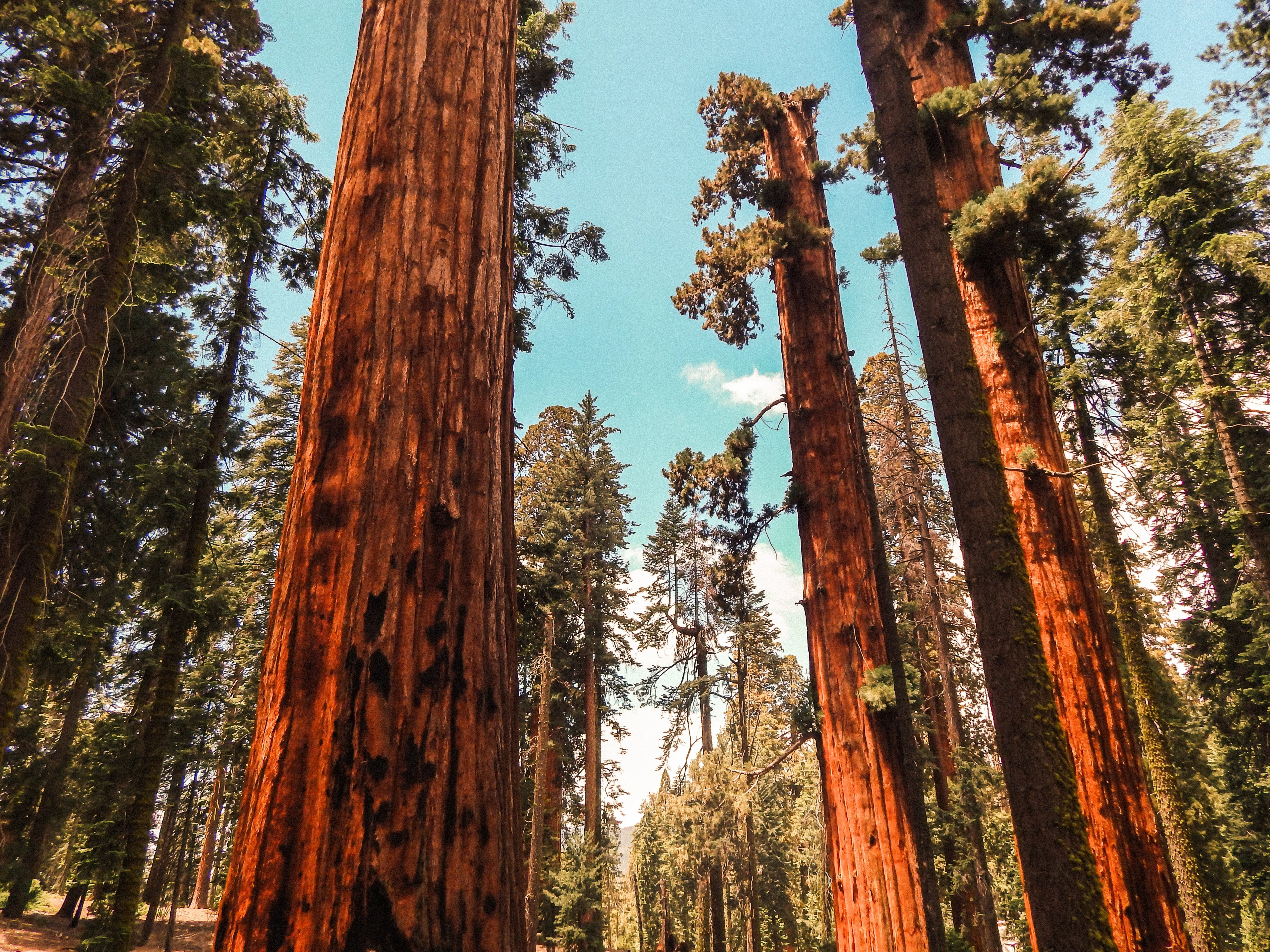Bamboo's Environmental Benefits: Highlighting the Positive Impact Bamboo has on the Environment.
- Introduction
Bamboo, often hailed as a "green gold," holds incredible environmental benefits that make it a sustainable superstar.
In this blog, we delve into the positive impact bamboo has on the environment. From its ability to combat deforestation to its contribution to carbon sequestration, bamboo emerges as a remarkable solution for a greener planet.
Join us as we uncover the environmental benefits that make bamboo an eco-friendly champion.
- Forest Conservation
One of the most significant environmental benefits of bamboo is its potential to combat deforestation.
Unlike traditional hardwood trees that take decades to mature, bamboo can be harvested in just a few years. This rapid growth allows us to meet our resource needs without depleting precious forests.
By choosing bamboo products over conventional materials, we actively contribute to the conservation of forests, ensuring a healthier planet for generations to come.

- Carbon Sequestration
Bamboo plays a crucial role in mitigating climate change by acting as a carbon sink. During its growth, bamboo absorbs a substantial amount of carbon dioxide from the atmosphere, helping to reduce greenhouse gas emissions.
Studies have shown that bamboo plantations have a higher carbon sequestration capacity compared to many other types of plants. By incorporating bamboo into our lives, we contribute to combating climate change and promoting a more sustainable future.
- Soil Conservation and Erosion Prevention
The extensive root system of bamboo plays a vital role in soil conservation and erosion prevention. Bamboo's dense network of roots helps bind the soil, preventing erosion and retaining moisture.
This is particularly beneficial in areas prone to landslides or areas where topsoil erosion is a concern. By cultivating bamboo, we can protect valuable soil resources, maintain ecosystem stability, and support the overall health of our planet.
- Renewable Resource and Sustainable Agriculture
Bamboo stands as a shining example of a renewable resource and sustainable agriculture.
Unlike traditional timber, which requires decades to regenerate, bamboo regrows from its existing root system after harvesting. This regenerative process eliminates the need for replanting and reduces the pressure on natural resources.
Additionally, bamboo cultivation requires minimal pesticides and fertilizers, making it a more environmentally friendly choice.
By embracing bamboo as a renewable resource, we support sustainable agricultural practices that promote a healthier and greener planet.
- Biodiversity and Habitat Preservation

Bamboo forests are home to a diverse range of plant and animal species. These lush habitats provide shelter, food, and breeding grounds for various wildlife.
By preserving existing bamboo forests and planting new bamboo groves, we contribute to the conservation of biodiversity and the protection of endangered species.
Bamboo's positive impact on habitats extends beyond its environmental benefits, creating a harmonious ecosystem where diverse forms of life can thrive.
